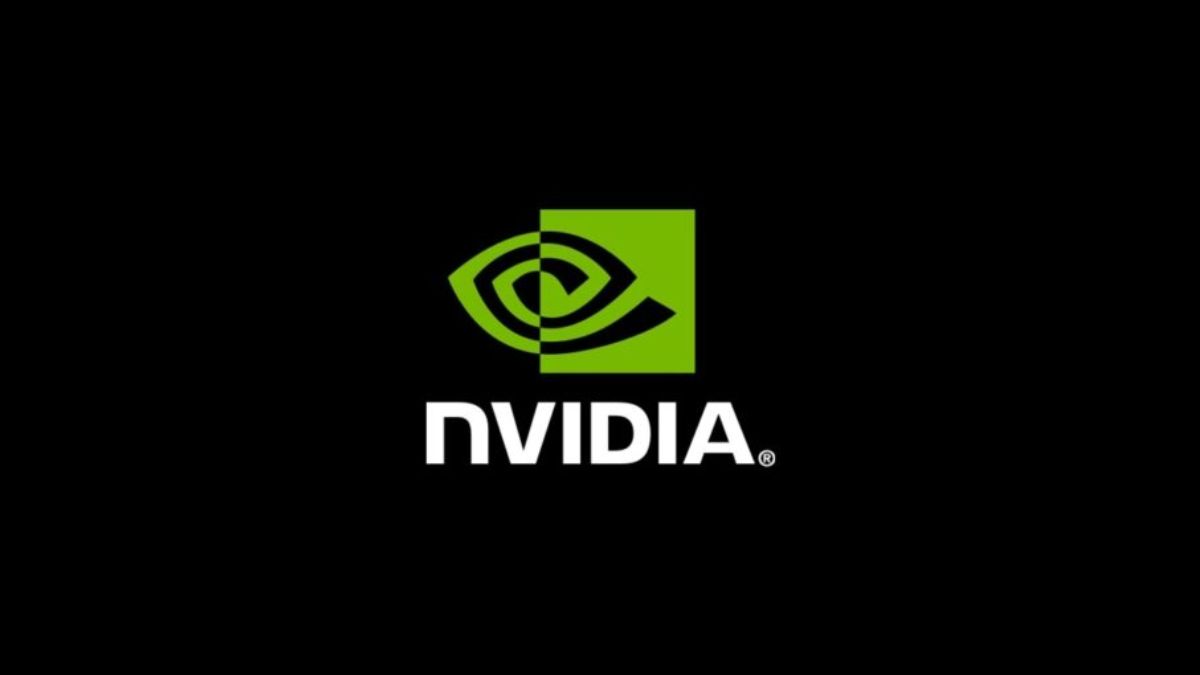Necessary Always Active
Necessary cookies are required to enable the basic features of this site, such as providing secure log-in or adjusting your consent preferences. These cookies do not store any personally identifiable data.
|
||||||
|
||||||
|
||||||
|

NVIDIA has suffered a major setback after regulators in China said the chipmaker violated anti-monopoly laws based on a preliminary investigation. According to CNBC, the State Administration for Market Regulation (SAMR) commenced the NVIDIA antitrust probe in China back in 2024.
SAMR’s probe into the NVIDIA monopoly issue relates to the chip maker’s acquisition of Mellanox, an Israeli Technology firm that makes network solutions for servers and data centers. The investigation included review of agreements signed during the acquisition.
The AI chip maker acquired the AI startup in 2020 in a deal where China issued a conditional approval. China declared NVIDIA’s violation of monopoly law with regard to this acquisition and the conditions attached to it. One of the conditions was that NVIDIA would continue to supply GPU accelerators needed in computing to the Chinese market.
In recent years, NVIDIA has terminated the sale of its most advanced AI chips after the U.S. government introduced export controls. Chinese antitrust rules provide for penalties ranging from 1% to 10% of previous year’s annual sales. In the financial year ending January 26, NVIDIA generated $17 billion from the Chinese market. Besides the penalty, the impact of the decision by SAMR remains unclear.
Analysts suggest that NVIDIA may be barred from selling chips that have Mellanox technology in China. Although the impact of the NVIDIA antitrust probe on the chip market remains unclear, demand for American AI chips is expected to remain high in China unless a full ban is imposed.
SAMR’s announcement came even as the U.S. and China commended trade talks in Madrid, Spain on September 14, 2025. The update could potentially complicate the talks considering that semiconductors, including those manufactured by NVIDIA, are expected to be part of the agenda.
Tech tensions between the two countries are rising as China launched two semiconductor probes on September 12, 2025. In one probe, China is probing alleged U.S. chip dumping, while in the other, the country is examining U.S. restrictions on China’s chip industry. Analysts suspect that China carefully timed the announcement in order to have an advantage in the trade talks.
“Both sides appear to be building leverage to negotiate from a more favorable position, but they are doing this through very calculated moves because they understand the stakes at play,” GreenPoint’s Managing Director Alfredo Montufar-Helu said.
In recent months, NVIDIA has had a strained relationship with the Chinese market amid geopolitical tensions. The U.S. government allowed NVIDIA to resume H20 chip sales to China following an export ban in April 2025. The approval was seen as a big win for NVIDIA, which had announced a $5.5 billion charge in its 2026 quarter one results following the chip export ban.
But the company later faced shrinking H20 chip market share in China in August 2025 due to regulatory scrutiny and emerging competition. NVIDIA CEO Jensen Huang has been pushing for exportation of U.S. AI chips to China. In May 2025, Huang said AI chips are harmful to U.S. firms. He argued that, rather than protect the country’s dominance of the global AI industry, the policy could give China a chance to catch up with American AI chip technology.
Huang’s efforts appear to be paying off. In August 2025, the U.S. government introduced a new policy requiring NVIDIA and AMD to remit 15% of their revenue from China-related chip sales to the government. The policy marked a major shift in regulation of high-tech exports, linking it to export license conditions.
According to the NVIDIA CEO, the local Chinese AI market will likely grow to $50 billion over the next two to three years. He holds that if American companies are not present in this market, local players like Huawei will capture the market. As China investigates NVIDIA, the chip maker is holding talks with the U.S. government on possibilities of exporting a more advanced chip to the Asian country.